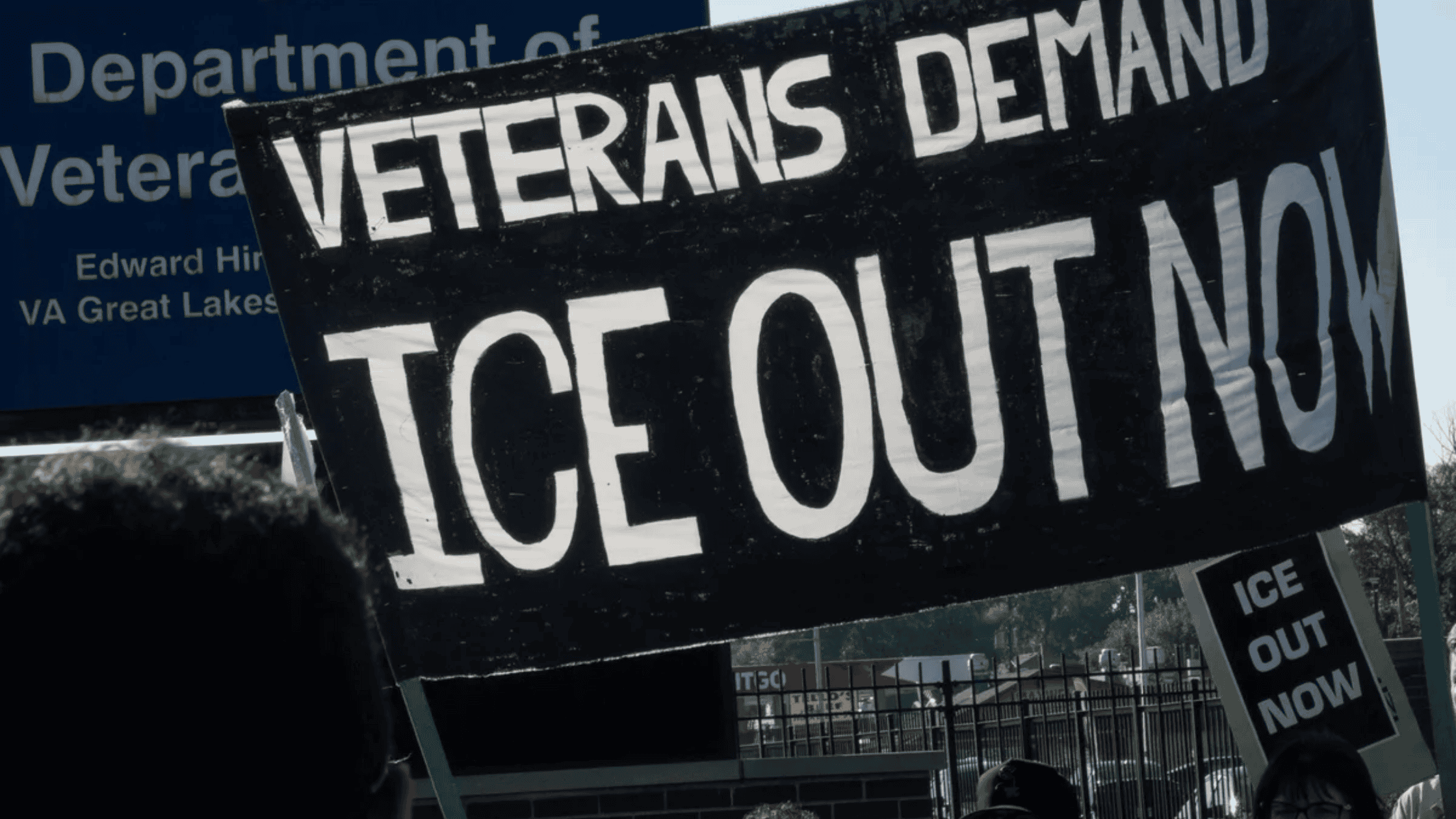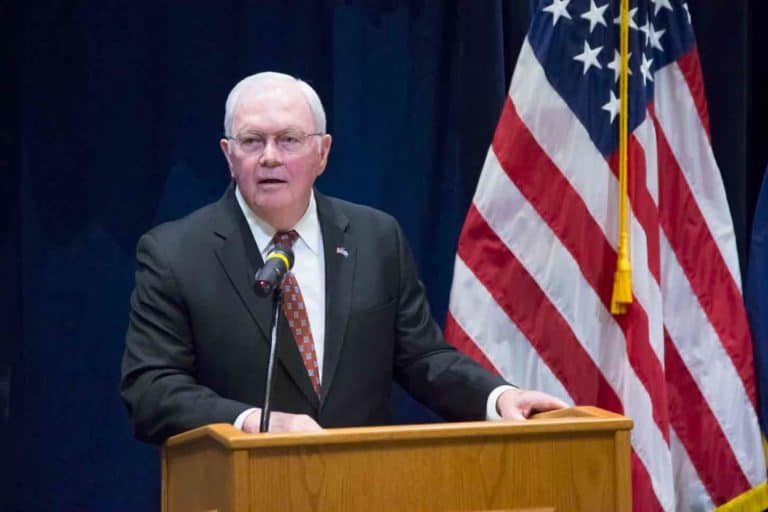Veterans Arrested in ICE-Raid Protests: Where Policy, Civil Rights and Service Intersect
When veterans protest, America tends to pay attention — and for good reason. Their voices carry the weight of service, sacrifice, and citizenship. So when several veterans were arrested during recent protests against ICE raids in major U.S. cities, it reignited an important conversation about law, loyalty, and how our country treats those who’ve worn the uniform.
According to The Guardian, demonstrations erupted after coordinated ICE sweeps led to dozens of immigrant detentions — including a handful of noncitizen veterans who believed their prior service should have shielded them from deportation.
A Necessary Operation, But an Unfinished System
ICE raids are a lawful — and, many would argue, necessary — part of national immigration enforcement. But what these incidents reveal isn’t a failure of enforcement; it’s a failure of the system that should have protected those who already served this nation.
While it’s unfortunate that some veterans were caught up in the raids, the deeper issue lies in the citizenship process itself. These individuals risked their lives for America, yet many were never automatically naturalized during or after service — a bureaucratic gap that continues to leave too many behind.
“Service to the United States should come with certainty — not confusion,” said one policy advocate. “If you wear the uniform, you shouldn’t have to fight paperwork battles to prove you belong.”
The Real Fix …
Automatic Citizenship for Those Who Serve
Advocacy groups — including the American GI Forum, VoteVets, and Deported Veterans Support House — are now calling on Congress and the Department of Homeland Security to automate the citizenship process for noncitizen service members.
The proposal is simple:
- Automatic citizenship upon honorable discharge.
- Retroactive naturalization for noncitizen veterans already deported.
- Administrative reform to remove unnecessary red tape that currently delays or derails applications.
These steps would not only show gratitude, but also restore trust between veterans and the nation they defended.
Accountability Meets Compassion …
The veterans arrested during the protests may have found themselves in a legal bind, but their situation underscores a shared truth: sometimes bureaucracy fails faster than policy can adapt.
ICE’s job is to enforce the law. But lawmakers and administrators must ensure those laws account for the unique sacrifices of those who have served. Striking that balance — firm enforcement with built-in fairness — is what keeps the system credible and compassionate.
Final Thoughts …
The conversation around noncitizen veterans shouldn’t pit enforcement against empathy. Both can coexist — and both must.
The U.S. can and should continue to uphold lawful immigration enforcement while ensuring that those who’ve fought under its flag aren’t left behind because of missing forms or procedural hurdles.
Service to America is one of the highest acts of loyalty. The path to citizenship for those who’ve earned it shouldn’t require another battle.
Stay tuned: As policy discussions evolve, DisabledVeterans.org will continue advocating for solutions that keep the law strong — and the nation’s promise to its veterans even stronger.






